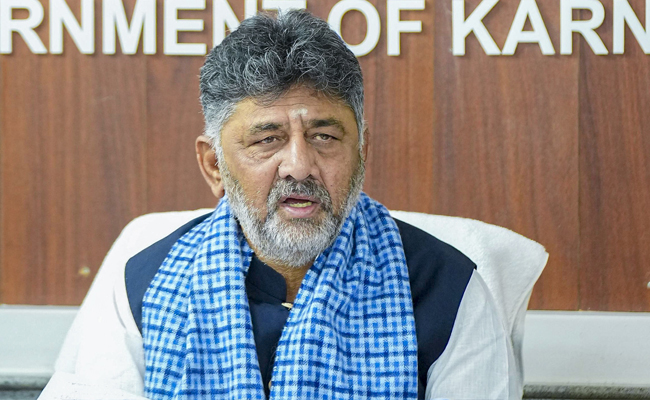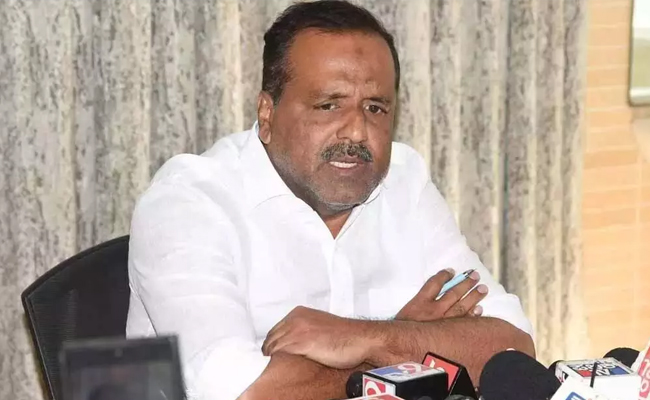New Delhi: Reliance and Walt Disney agree to $8.5bn media merger Reliance Industries has struck a deal with the US entertainment giant Walt Disney that will create India's largest-ever entertainment opportunity by combining their respective portfolios under one roof, resulting in an USD 8.8bn in revenue for content owners.. The resulting merged company has equal parts of both rumour and worry surrounding its creation, however with 750 million viewers across their combined TV channels in over 120 countries, the newly formed group will have a dominant 40% share of the market; along with already being number one advertiser & streamer for sports.
This merger supports Reliance's expansion plans while giving Disney a better footing in the difficult Indian market. This new combined company creates an increasingly competitive landscape against Netflix, Amazon Prime Video, Sony and your 50+ other streaming services particularly when one considers the Hollywood talent that Fandango is now able to bring in from its past decades years as a specialized ticket distributor for movies.
Considering the combined size of the two businesses, more than 70 TV channels are available in eight languages on Disney's Star India. Viacom18 (N/A) from Reliance broadcasts 37 channels in a subset of eight languages. They both also own movie studios and two of the biggest streaming services, Jio Cinema and Hotstar. According to Elara Capital, the businesses are positioned to control 75–80% of the Indian sports streaming market across both TV and digital platforms due to their dominance in broadcasting important Indian sports events, such as the Indian Premier League (IPL)..
“The growing influence of this new media giant, particularly in cricket, puts Reliance and Disney in a prime business position,” says Karan Taurani, an analyst at Elara Capital. He describes the merged entity as a "large media juggernaut" with significant control over the sports-driven viewership market, which heavily influences advertising revenue.
The merger has sparked concerns over potential monopolistic dominance, with critics questioning whether it concentrates too much power in a single player. KK Sharma, former head of the Competition Commission of India (CCI)'s merger control division, remarked, “The emergence of a giant in the market… with the next competitor struggling with market share in a single digit, would make any competition agency sit up and take notice.”
India's competition watchdog, the CCI, approved the deal with a condition that makes it “subject to the compliance of voluntary modifications.” While these modifications haven't been made public, reports suggest that the companies have pledged not to excessively raise advertising rates for cricket streams. Sharma noted that the CCI retains the right to intervene if the merged company threatens market competition.
Reliance and Disney have a lot to gain from consolidating their market positions in an increasingly competitive Indian streaming market. Analysts, however, warn that smaller competitors might see a dip in earnings. “The Indian market values bundling and is price-sensitive,” says Taurani. The merged entity could offer a comprehensive package of web series, movies, sports, original content, and global catalogues, making it hard for competitors to match.
Taurani also points out that Reliance’s vast telecom subscriber base, particularly through Jio, adds another advantage. “Other streaming companies may find it difficult to raise prices if this combined entity can leverage Jio's subscriber base.”
Reliance’s pricing strategy has already proven successful. When it launched Jio in 2016, it disrupted the market with affordable mobile data, and now JioCinema offers subscriptions for as little as 29 rupees ($0.35) a month. Mukesh Ambani, Reliance's chairman, has promised “unparalleled content at affordable prices” from this new deal.
Vanita Kohli-Khandekar, a media industry expert, warns that while smaller streaming competitors might struggle, bigger challenges may come from global giants like Google, Meta, and Amazon, who have been aggressively expanding in India. She notes, “Some 80% of digital revenues go to Google and Meta, so you have to have scale, and finally, you have a company that can take on some of the large global majors operating in India.”
Kohli-Khandekar cautions that while the new entity has scale, it will also need to deliver high-quality content. She adds, “If the streaming market becomes more dependent on views rather than subscriptions, programming quality will be good only on one or two apps. That is something I would watch out for.”
Let the Truth be known. If you read VB and like VB, please be a VB Supporter and Help us deliver the Truth to one and all.
Mumbai (PTI): A Mumbai court on Wednesday granted bail to a businessman, held in a car accident caused by his minor son that led to the death of a person last month, noting that prima facie the father lacked knowledge of his son taking out the vehicle for a drive.
Additional Sessions Judge R M Jadhav allowed his bail on a bond of Rs 50,000 and mainly relied on the statement of a watchman of the building where the businessman resides while granting him relief.
The accident occurred on February 5 near Somaiya College in Mumbai's Ghatkopar area.
As per police, the minor son of the businessman, booked for culpable homicide not amounting to murder, was driving a Kia Seltos when it collided with a scooter, leading to the death of its rider Dhrumil Patel. The deceased's wife Meenal, who was riding pillion, suffered grievous injuries in the crash.
The boy's father was arrested on February 10 and booked under Bharatiya Nyaya Sanhita (BNS) provisions related to rash driving, culpable homicide not amounting to murder, act endangering life and safety of others as well as relevant sections of the Motor Vehicles Act.
The accused, through his advocate Manish Singh, had argued during bail hearing in the court that he was neither present at the accident spot nor driving the vehicle at the relevant time.
He claimed had no knowledge of his son taking the vehicle on the day of the accident and was not responsible for the fatal crash.
Public Prosecutor P B Bankar opposed the bail application, contending the father allowed his son to drive despite knowing the minor did not possess a valid licence.
Advocate Ruben Mascarenhas, appearing for an intervenor (representing the victim's family) , highlighted that the minor operated an Instagram account which featured reckless driving stunts.
The applicant/accused had knowledge of this fact, but still allowed his son to drive the SUV. Hence, prima facie an offence was made out against him, he added.
The advocate submitted that the accused offered Rs 40 lakh to the victim's family to settle the case and claimed that the minor's Instagram history was tampered with.
Additional Sessions Judge Jadhav, after hearing all sides, relied on the statement of a watchman of the businessman's building while granting bail.
It is noted that at 10.15 pm (on the day of accident) the juvenile accused approached the watchman and asked for the car's keys (which were in the latter's possession at that time). The watchman claimed that without questioning the teenager, he handed over the keys to the minor as he happened to be the son of the accused, the court order said.
Later, when the father came down and found that his car was not there in the parking lot, he enquired with the watchman, and came to know the vehicle was taken by his son, it said.
"Prima facie, the material on record thus goes to show that the applicant/accused was not having knowledge of the fact that at the time of incident his son took the vehicle which is required to be noted here," the court held.
The court directed the businessman not to leave Mumbai without its permission and desist from any attempt to influence witnesses in the case.





